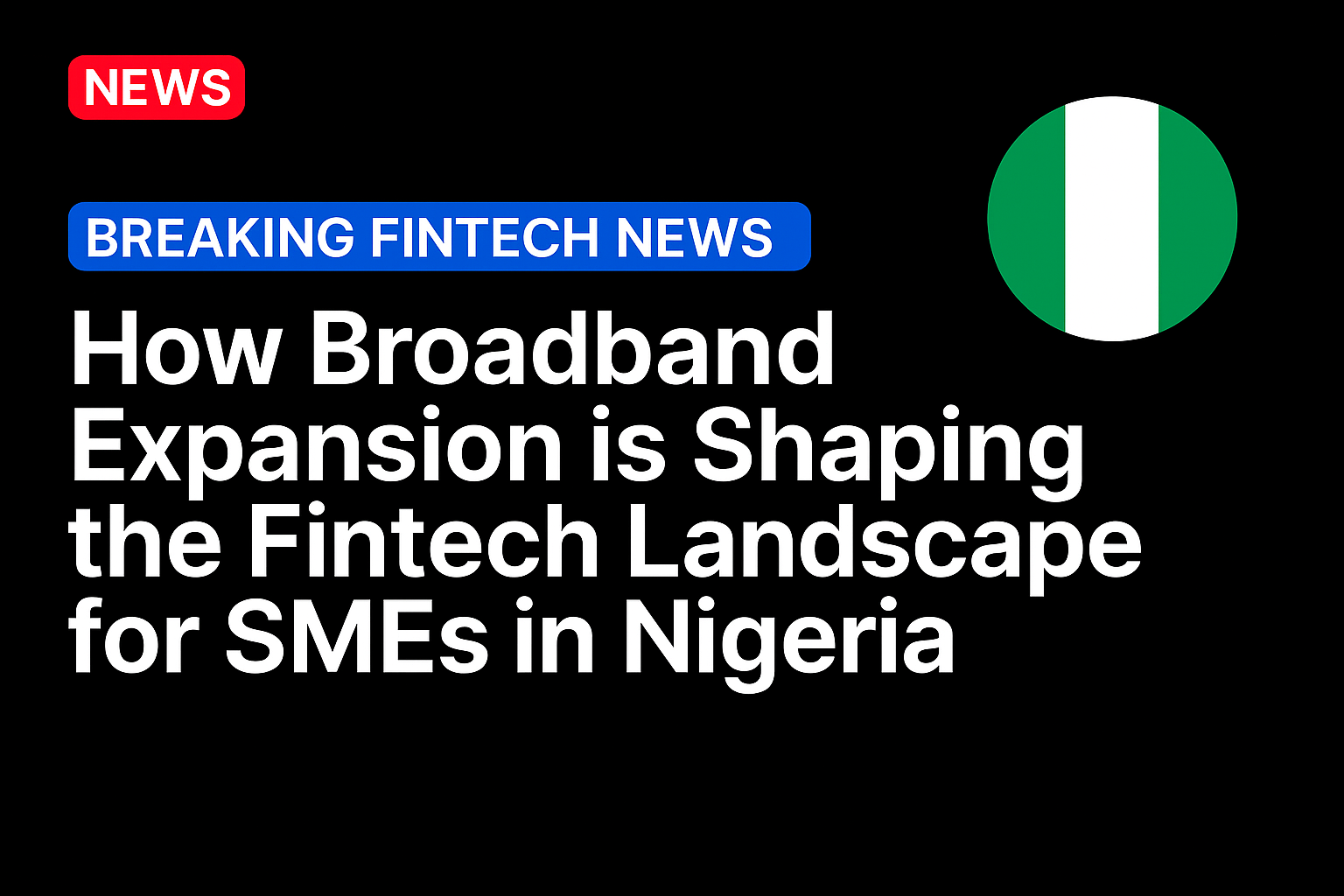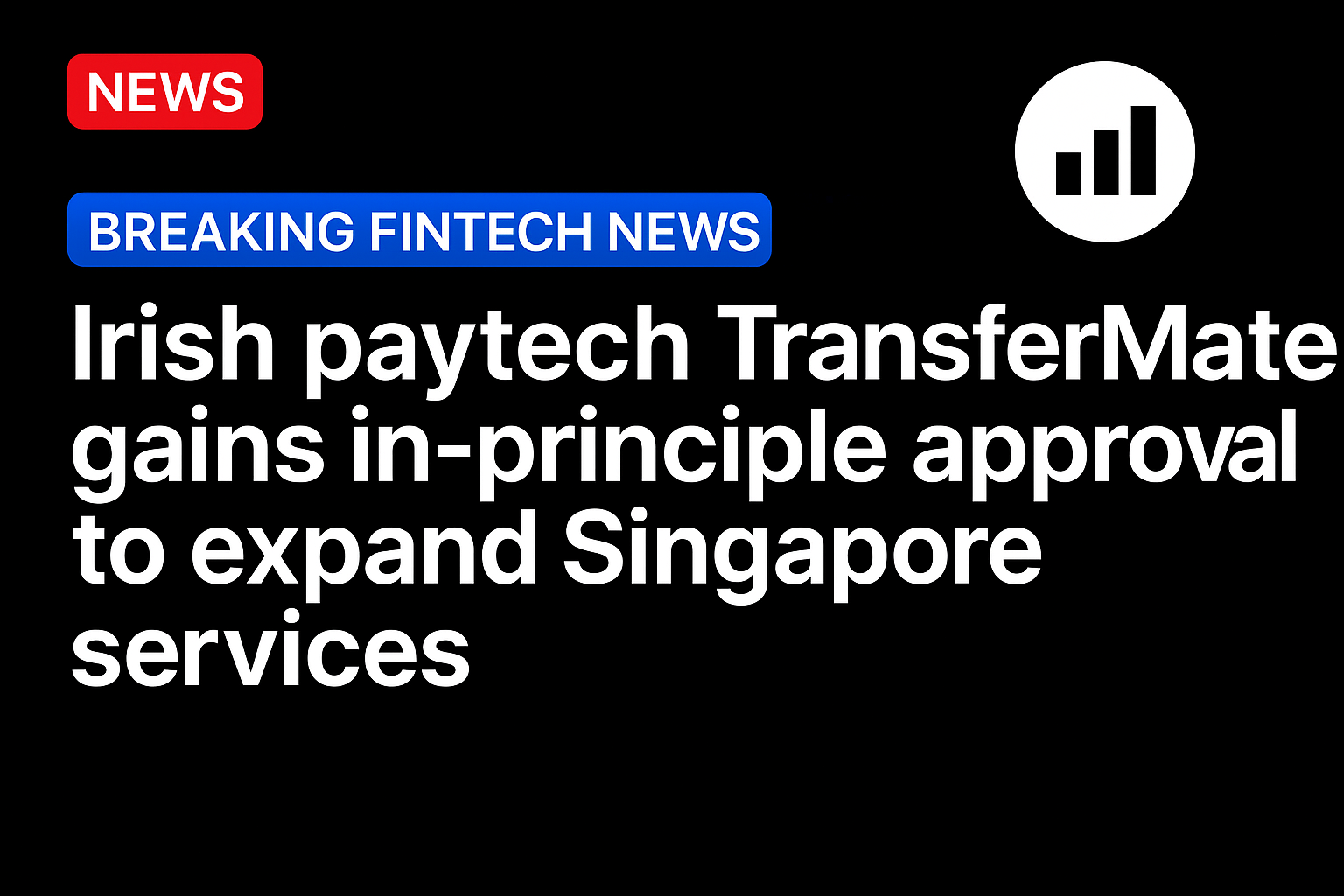As broadband services expand across Nigeria, small and medium enterprises (SMEs) are beginning to tap into this upgraded technology for their financial needs. With more reliable internet access, these businesses are discovering speedier and cheaper fintech solutions, which can help them operate more efficiently and reach wider markets. So, what exactly does this synergy between broadband and fintech mean for the future of Nigeria’s businesses? I’m glad you asked.
Exploring the Broadband and Fintech Connection
Broadband connectivity is the backbone of Nigeria’s digital transformation. Less than 2% of homes have access to fixed broadband, making this technology upgrade critical. Integrating broadband services with fintech tools is essential for improving operational efficiency and financial inclusion among SMEs. As these businesses embrace digital banking, they can streamline processes, cut costs, and enhance customer experiences. But it isn’t all roses, is it?
5G: The Game Changer for Fintech
Think about the possibilities of 5G technology changing the game for Nigeria’s fintech landscape. With super-fast internet speeds and ultra-low latency, the adoption of 5G enhances what fintech applications can do, paving the way for real-time transactions and frictionless payments. This tech development enables SMEs to conduct cross-border payments and international money transfers more effectively than before. As 5G networks roll out, these enterprises will gain easier access to digital banking services, and one must wonder: will they be ready for it?
Bridging Infrastructure Gaps for SMEs
Nigerian SMEs have historically been constrained by infrastructural issues, like inconsistent power supply and a lack of access to financial services. By pairing broadband with fintech solutions, these issues can be lessened, allowing SMEs to access credit, better manage finances, and expand their market reach. Reliable internet means that businesses can finally address the challenges that have stunted their growth. The combined power of broadband and fintech doesn’t just make things run smoother, it can also spark innovation among SMEs.
The Rapid Growth of Fintech
Nigeria’s fintech landscape is anything but stagnant — over 200 fintech companies are already operating in the nation. A recent survey indicated that roughly 50% of SMEs are now using fintech solutions, driven by the attractiveness of mobile-first platforms that are often cheaper and easier to use. These platforms allow businesses to quickly open accounts, make instant payments, and access credit through micro-lending fueled by data rather than traditional collateral. The growth of fintech isn’t slowing down, but how many SMEs will be able to keep up?
Collaboration for Future Success
For Nigeria’s fintech scene to remain vibrant, collaboration is key. Partnerships among fintech firms, broadband providers, regulatory bodies, and traditional banks can create a more conducive ecosystem for innovation. Initiatives like MTN’s FibreX, aiming to connect 8 million homes by 2028, underscore the value of partnerships in this field. By coming together, stakeholders can ensure that SMEs can maximize fintech solutions, thus promoting financial inclusion and economic growth. But can they do it without compromising on their core values?
A New Era for SMEs in Nigeria Awaits
Broadband expansion isn’t just a tech upgrade; it’s a cornerstone for Nigeria’s burgeoning fintech scene. By advancing connectivity and encouraging fintech innovation, this expansion enhances financial inclusion and supports the economy’s growth. As SMEs integrate more digital banking solutions, they can better weather the challenges that come with a digital world. The convergence of broadband and fintech isn’t just a tech phenomenon; it’s a glimpse into what could be a more inclusive and thriving future for SMEs in Nigeria. But we all know that the road to success is rarely smooth.
Source: https://www.onesafe.io/




